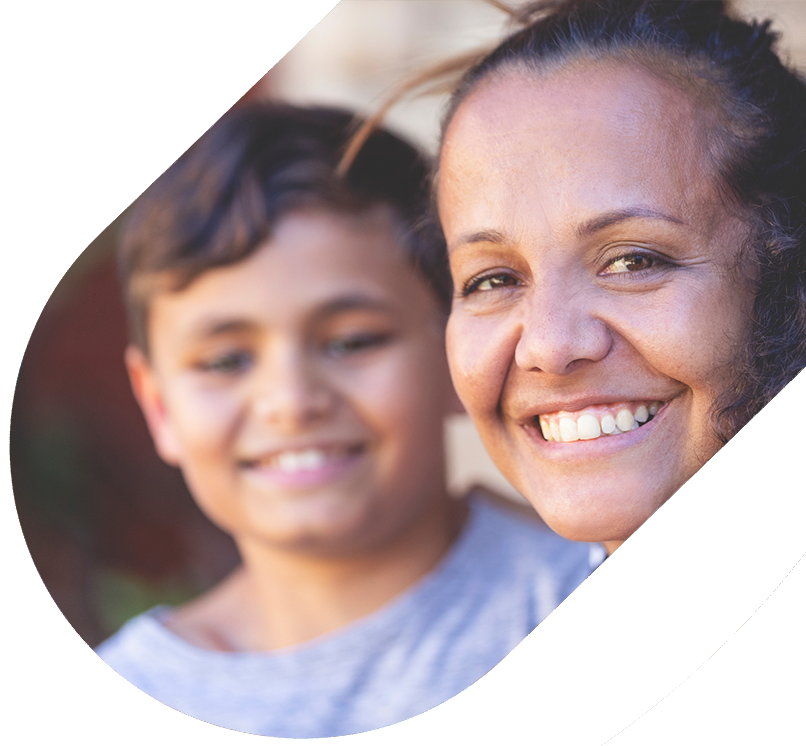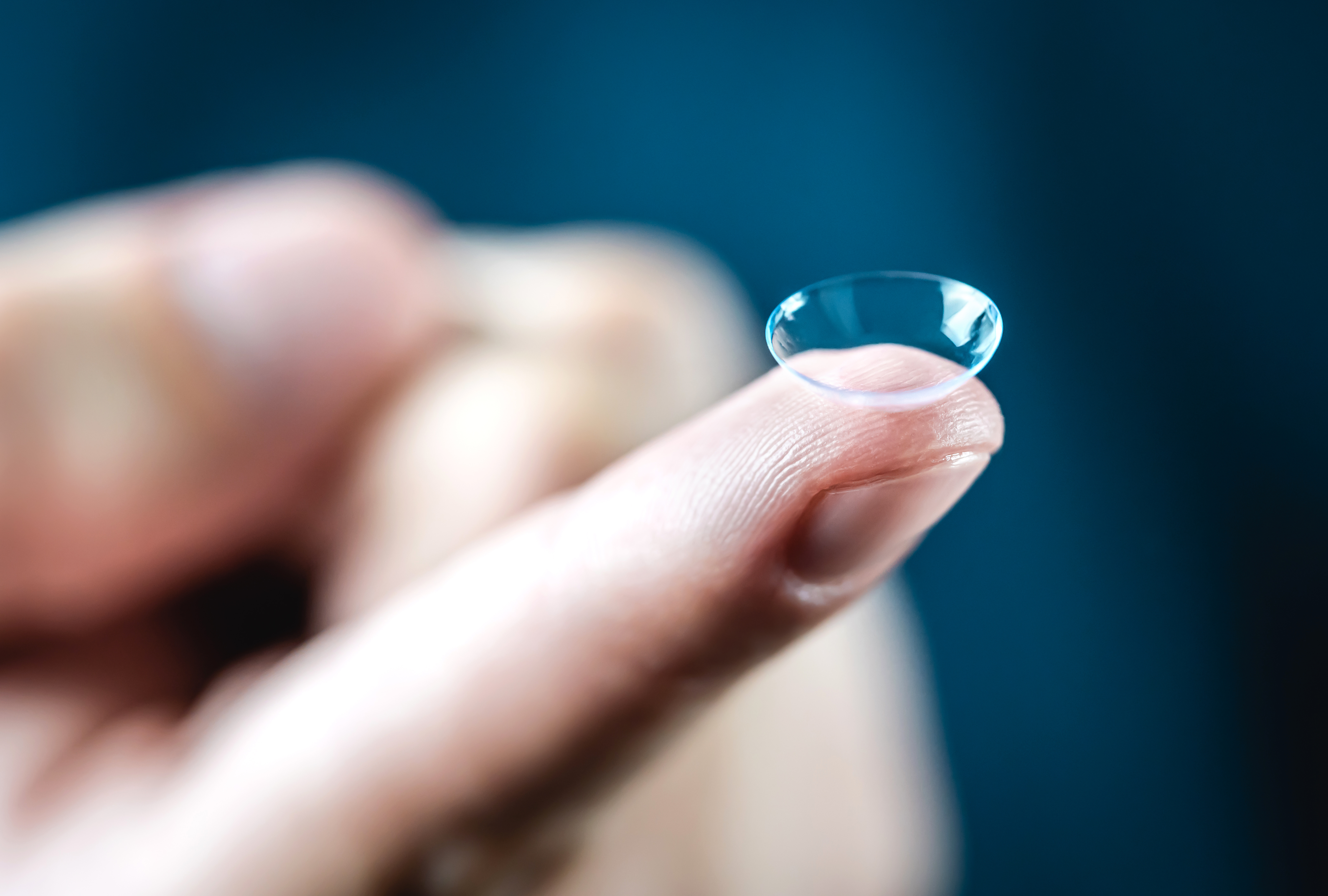
The ACO is dedicated to improving eye health outcomes of communities through research conducted by the National Vision Research Institute (NVRI).
Over 50 years, the NVRI has held a unique space within the Australian research landscape. This journey will continue as it shifts direction from basic and neuroscience research to prioritise and expand capacity for clinical, public health and translational research.
















 Publications
Publications

 NVRI fellows
NVRI fellows
 NVRI history
NVRI history
 NVRI membership
NVRI membership
 Grants
Grants
 Vision charts
Vision charts
 Our Journey to 50
Our Journey to 50











